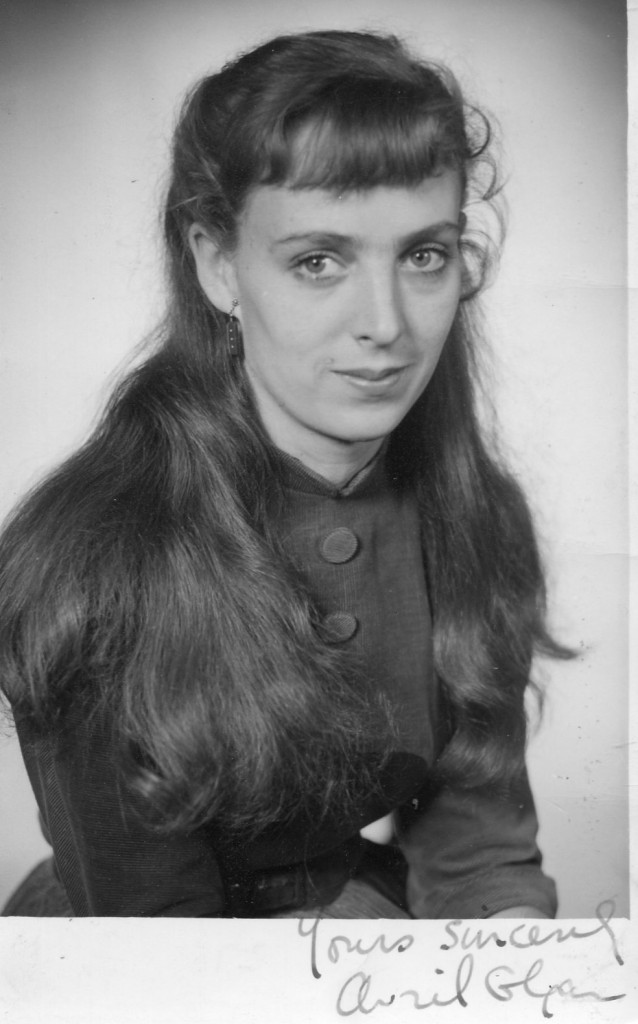
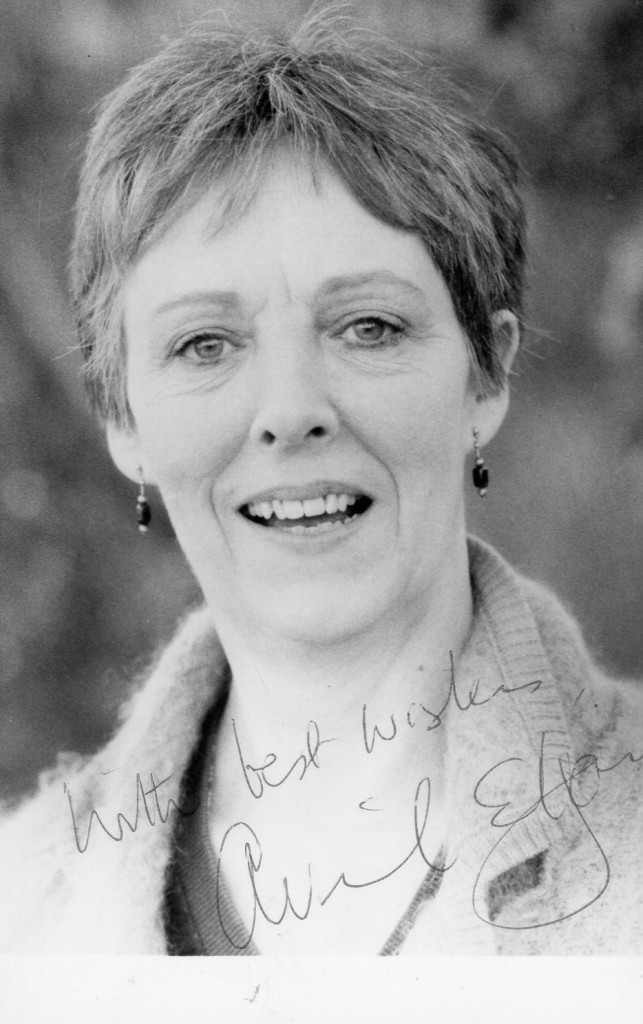

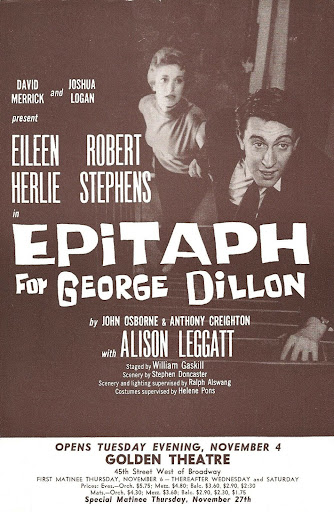
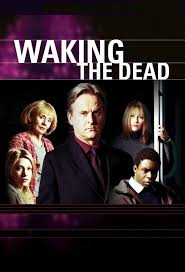
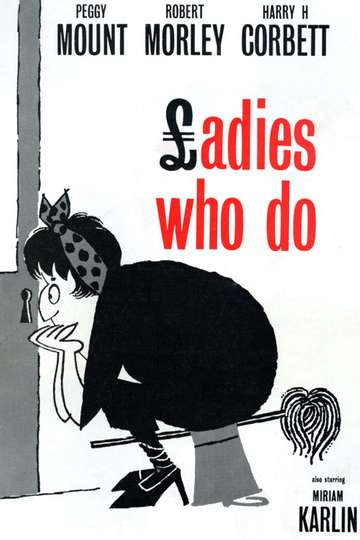
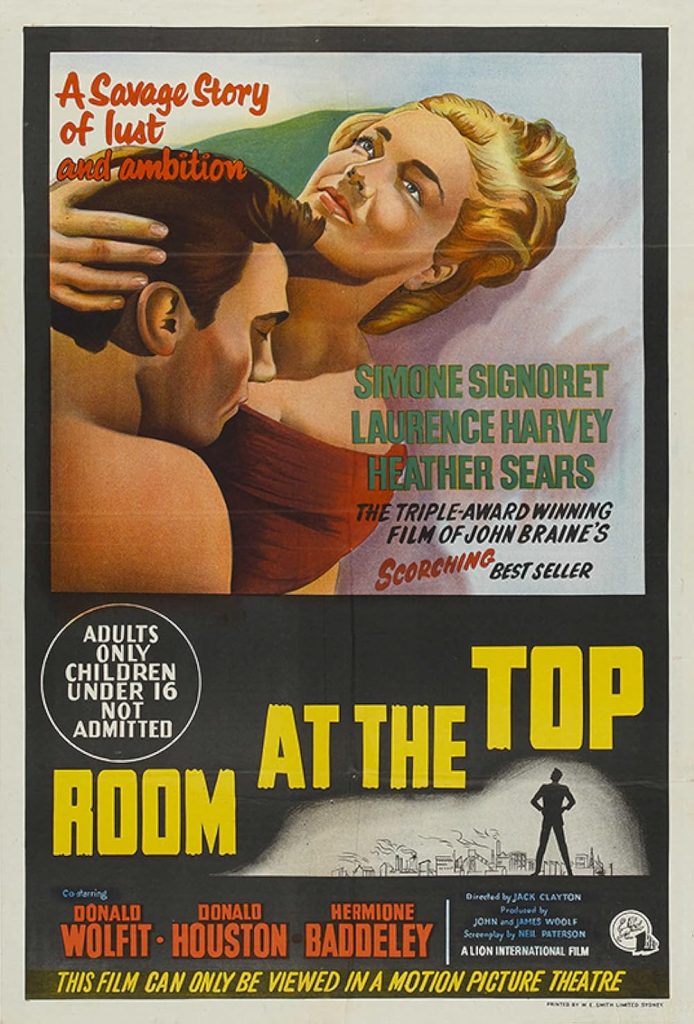
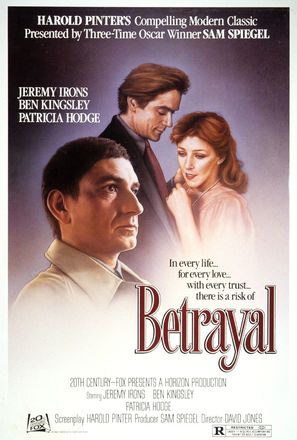

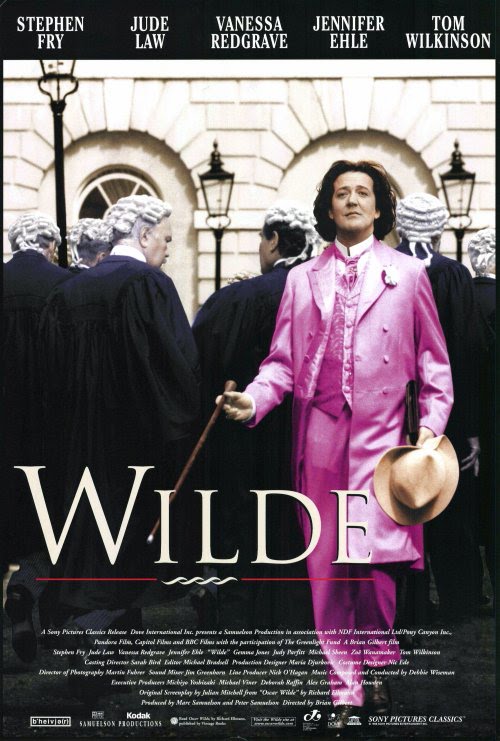

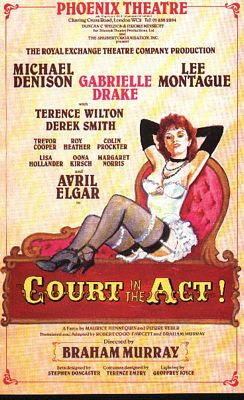
Avril Elgar obituary in The Guardian in 2021
In the middle of her long association with the Royal Exchange theatre in Manchester, one critic opined that “any production with Avril Elgar contains a nugget of gold”. Her pedigree as an actor was apparent on television, too, notably as Yootha Joyce’s social-climbing sister, Ethel, in the popular sitcom George and Mildred (1976-79).
Short and wiry of stature, with dark, liquid eyes and definite features, Elgar, who has died aged 89, was a distinctive character actor of great resource and comic versatility.
On film, she was a raucous office cleaner – alongside Peggy Mount, Miriam Karlin and Dandy Nichols – in Ladies Who Do (1963), and a nosy neighbour in Spring and Port Wine (1970) with James Mason and Diana Coupland. On stage, she could “duke” it as Lady Bracknell at the Royal Exchange in 1993 or the Duchess of York in Michael Grandage’s superb revival of Richard III starring Kenneth Branagh at the Sheffield Crucible in 2002.
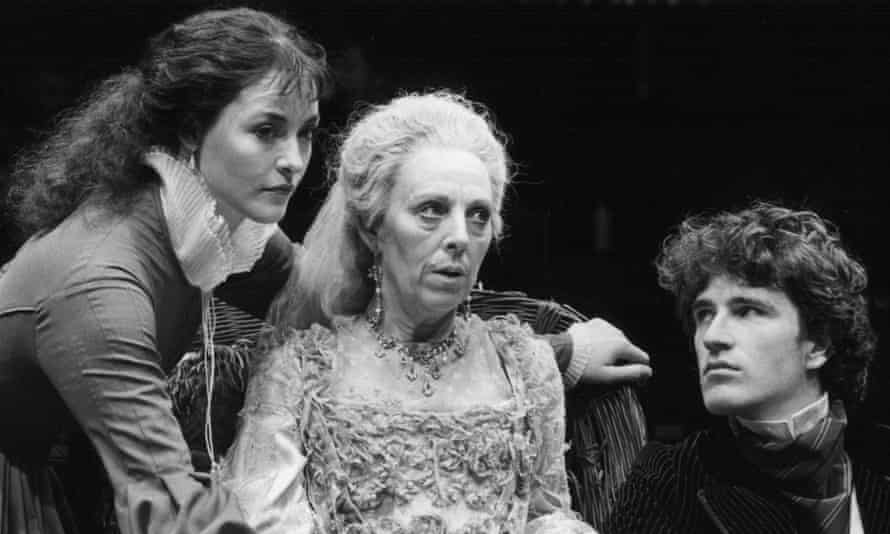
Not only was she endemic to the evolution of the Royal Exchange from its roots in the late 1950s under the directorship of Casper Wrede and Michael Elliott, she was also a key participant in the early days of the English Stage Company at the Royal Court, appearing in plays of John Osborne, Ann Jellicoe and Joe Orton.Advertisementhttps://a2a96d0980e610542296cd496331a481.safeframe.googlesyndication.com/safeframe/1-0-38/html/container.html
Her father, John Williams, went to bed drunk one night and woke up the next day in the army. Her mother, Annie (nee Rose), was a loyal army wife, and Avril, the couple’s second daughter, was born in barracks in Halifax, West Yorkshire, moving on to Catterick, North Yorkshire, and Woolwich Arsenal, south London, before John was posted as an officer in the hill stations of India in the last days of the Raj.
The family returned to Britain in 1945 and settled in the West Country, where John swapped the army for teaching, and Avril’s peripatetic education settled down at Penzance county grammar school. She developed a passion for theatre and, aged 17, played Andromache – white robe, hair in a bun – in the school’s all-girl production of Euripides’ The Trojan Women (in Gilbert Murray’s translation) at the Minack open-air theatre, Porthcurno, Cornwall, in 1949, the first production in that magical location after the war.
She then won a place at the short-lived but influential Old Vic theatre school in London, which, in 1951, contained the nucleus of a group that worked together for years before finding a permanent home at the Royal Exchange. The group included Richard Negri, who designed the Exchange, the movement director Litz Pisk, and the actors Dilys Hamlett, who married Wrede (one of the Exchange’s founding directors), Avril, who married the actor, director and writer James Maxwell (later the artistic director) in 1952, Rosalind Knight who married Elliott (the guiding spirit and co-founder), and Phyllida Law, who married Eric Thompson.
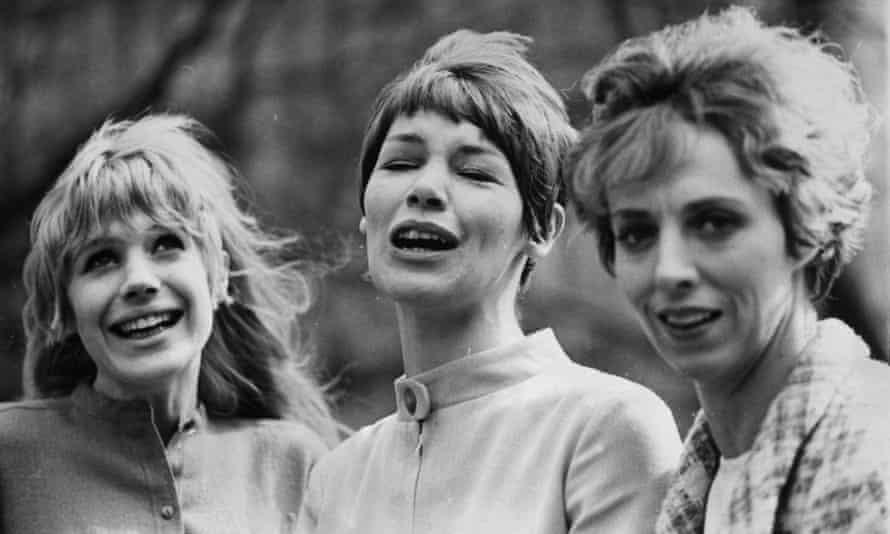
When this extraordinary group left the school, they formed a small company, run on a shoestring, in the Manchester suburb of Chorlton-cum-Hardy. Avril had made a professional debut, using her middle name “Elgar” as a surname, in an Arts Council tour of Macbeth playing the second witch and Lady Macduff’s son (“He has killed me, mother”). She opened another strand in her career as a dowdy spinster daughter (“merry as a jerboa,” said Kenneth Tynan, singling her out in a cast led by Robert Stephens, Yvonne Mitchell and Wendy Craig), in Osborne’s Epitaph for George Dillon (1958) at the Royal Court and on Broadway.
In that same 1958 Court season, she played Dodo in Jellicoe’s The Sport of My Mad Mother (also with Craig) and Mrs Echo in The Hole by NF Simpson. The Old Vic school/Chorlton mob then dropped anchor briefly at the Lyric, Hammersmith, as the 59 theatre company, and Avril played Lucille Desmoulins in Georg Buechner’s Danton’s Death, directed by Wrede, with Maxwell as her doomed husband Camille. This production – with added star power from Patrick Wymark and Patrick McGoohan – was filmed by Elliott as part of the BBC’s then lively “world theatre” strand.
Back at the Royal Court in 1961, Avril featured in an Edward Albee double-bill, The Death of Bessie Smith and The American Dream, and, in 1962, a now forgotten but ironically splenetic Osborne double-bill, The Blood of the Bambergs, a send-up of a royal wedding in the wake of Princess Margaret’s to Lord (Tony) Snowdon; and Under Plain Cover, in which Jonathan Millermade his directorial debut in a sharp satire of moral hypocrisy through the exposure of incest and sadomasochism in the suburbs; Avril was a proud and grateful mother at this “alternative” wedding paid for by the press long before Hello! magazine existed.
The director William Gaskill had been her champion at the Royal Court and, when he succeeded George Devine as artistic director in 1965, she was back in Sloane Square in two not-so-successful plays by Jellicoe and Simpson, and as Lady Kix in Gaskill’s revival of Thomas Middleton’s tumultuous Jacobean comedy A Chaste Maid in Cheapside; she played Kix as a vivid schemer who cuckolds her impotent husband by bedding another and getting pregnant in order to cheat the nominated legatee of his inheritance. And in 1967 she was one of Chekhov’s Three Sisters alongside Glenda Jackson and Marianne Faithfull in Gaskill’s austere, beautiful production of Edward Bond’s adaptation.
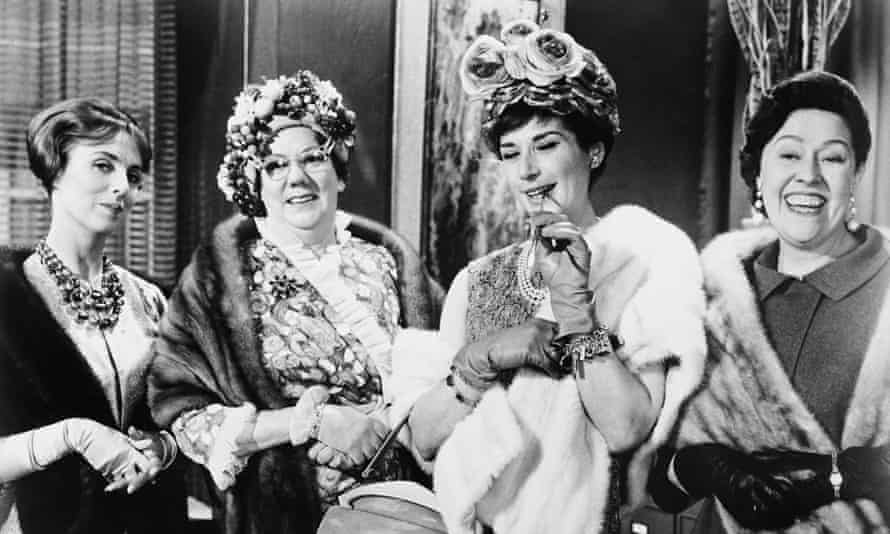
Her last Royal Court appearance was in Edna O’Brien’s A Pagan Place (1972), with Dave Allen and Brenda Fricker. By then, 59 theatre company was the 69, at the Manchester University theatre, and she rejoined them for Peer Gynt and as Agatha in TS Eliot’s The Family Reunion, one of Elliott’s many outstanding productions.
The Royal Exchange opened triumphantly in 1976 – the most exciting theatre space in Britain. Avril and her husband remained heavily involved for its first 20 years. She was a remarkable Miss Havisham in Great Expectations, mouldy as her own wedding cake, evincing a spooky authority; a hectic Mrs Bennet in Pride and Prejudice, swinging her arms around like a rag doll’s; and a dragonish Lady Bracknell with Sam West as Algernon and Marcia Warren a perfect Miss Prism.
Her major early television work, apart from George and Mildred, came in two series in 1974: Carrie’s War, playing the timid sister of a harsh rural shopkeeper; and The Stars Look Down, Alan Plater’s adaptation of AJ Cronin’s saga set in a Geordie mining village. And she reprised an extract of Lady Bracknell in Brian Gilbert’s Wilde (1997), scripted by Julian Mitchell, with Stephen Fry as Oscar and Jude Law as Bosie.
Avril appeared sporadically at the National Theatre, notably in Mitchell’s Half Life (1977), boasting one of John Gielgud’s distinctive valedictory performances as a crusty archaeologist in his country home near Stonehenge; and in Eduardo de Filippo’s Inner Voices (1983, adapted by Simpson), with Ralph Richardson’s last stage appearance at its mystical, mesmerising centre.
She was also in Pam Gems’s Stanley (1996) with Antony Sher as the oddball painter Stanley Spencer, and an intriguing 1888 Swedish play, The Enchantment (2007); Victoria Benedictsson, its author, took her own life after a love affair with a critic, Georg Brandes.
Her last stage appearance was as the ageing, bejewelled mother-in-law, walled off in a membrane of deafness and indifference, in Andrew Hilton’s Tobacco Factory revival of Uncle Vanya for the newly refurbished Bristol Old Vic in 2009.
She moved in 2012 from Temple Fortune, north London, to a retirement village in Bristol. Her husband died in 1995. She is survived by her two sons, Adam and Dan, and by three grandchildren, Sophie, Rhoda and Virginia.
Avril Elgar (Williams), actor, born 1 April 1932; died 17 September 2021


